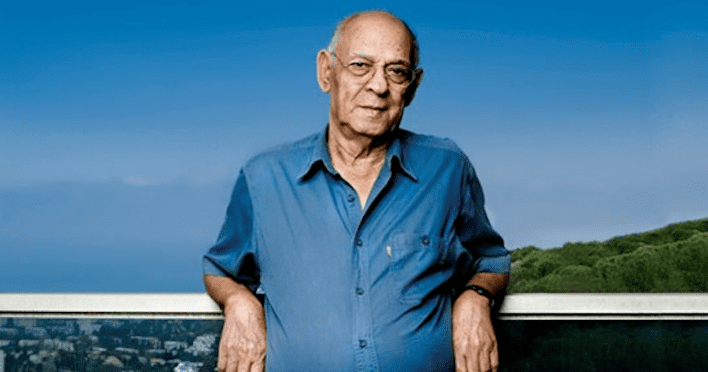|
إستماع
Getting your Trinity Audio player ready...
|
Michael was known for his focus on oppressed minorities and the challenges faced by Jews from Arab countries in the state’s formative years
AP — Sami Michael, an award-winning Iraqi-Israeli author who was known for writing poignantly about oppressed minorities and the challenges faced by Jews from Arab countries, died on Monday. He was 97.
His characters, who were often Arabic-speaking Jews like himself, opened a window into the particular pains and challenges faced by Mizrahi Jews from the Middle East and North Africa, as well as his close relationships with Israeli Arabs in the mixed city of Haifa.
“His characters bridged the divide between Jews and Arabs,” said Itamar Drori, a senior lecturer in literature at Bar-Ilan University.
AP — Sami Michael, an award-winning Iraqi-Israeli author who was known for writing poignantly about oppressed minorities and the challenges faced by Jews from Arab countries, died on Monday. He was 97.
His characters, who were often Arabic-speaking Jews like himself, opened a window into the particular pains and challenges faced by Mizrahi Jews from the Middle East and North Africa, as well as his close relationships with Israeli Arabs in the mixed city of Haifa.
“His characters bridged the divide between Jews and Arabs,” said Itamar Drori, a senior lecturer in literature at Bar-Ilan University.
Because Michael was a native Arabic speaker who grew up immersed in Baghdad’s rich cultural scene, Michael often felt closer to Arab culture in Israel, especially because Israel’s European-influenced Jewish leadership discriminated against Mizrahi Jews, Drori said.
Michael was also critical of Israel’s treatment of Palestinians and advocated for oppressed minorities.
He served as the president of the Association for Civil Rights in Israel for more than two decades until last September. “He expressed his pain and rage toward the injustices in Israel, demanded where justice must be served and instilled in us a spirit of hope for change,” the organization said in a statement announcing Michael’s death.
Michael was born in a wealthy mixed neighborhood of Baghdad in 1926 and was active in the Communist Party as a young man.
An arrest warrant from Iraqi authorities forced him to flee to Iran in 1948 and then to Israel in 1949, where he worked as a journalist for the party’s Arabic-language newspaper in the northern city of Haifa. In 1955, disgruntled with some of the Communist Party’s ideology, he left the paper and the party and went to work as a hydrologist with the Israel Hydrologic Authority.

